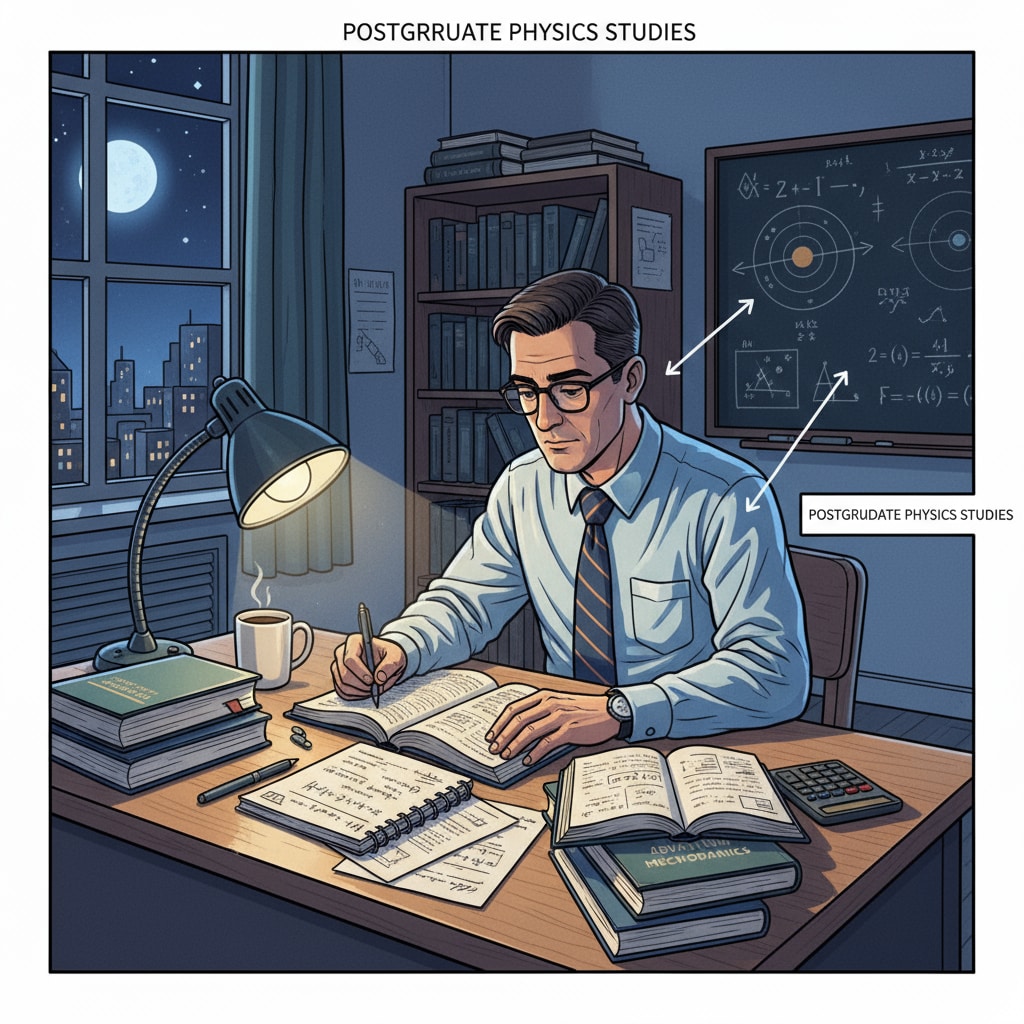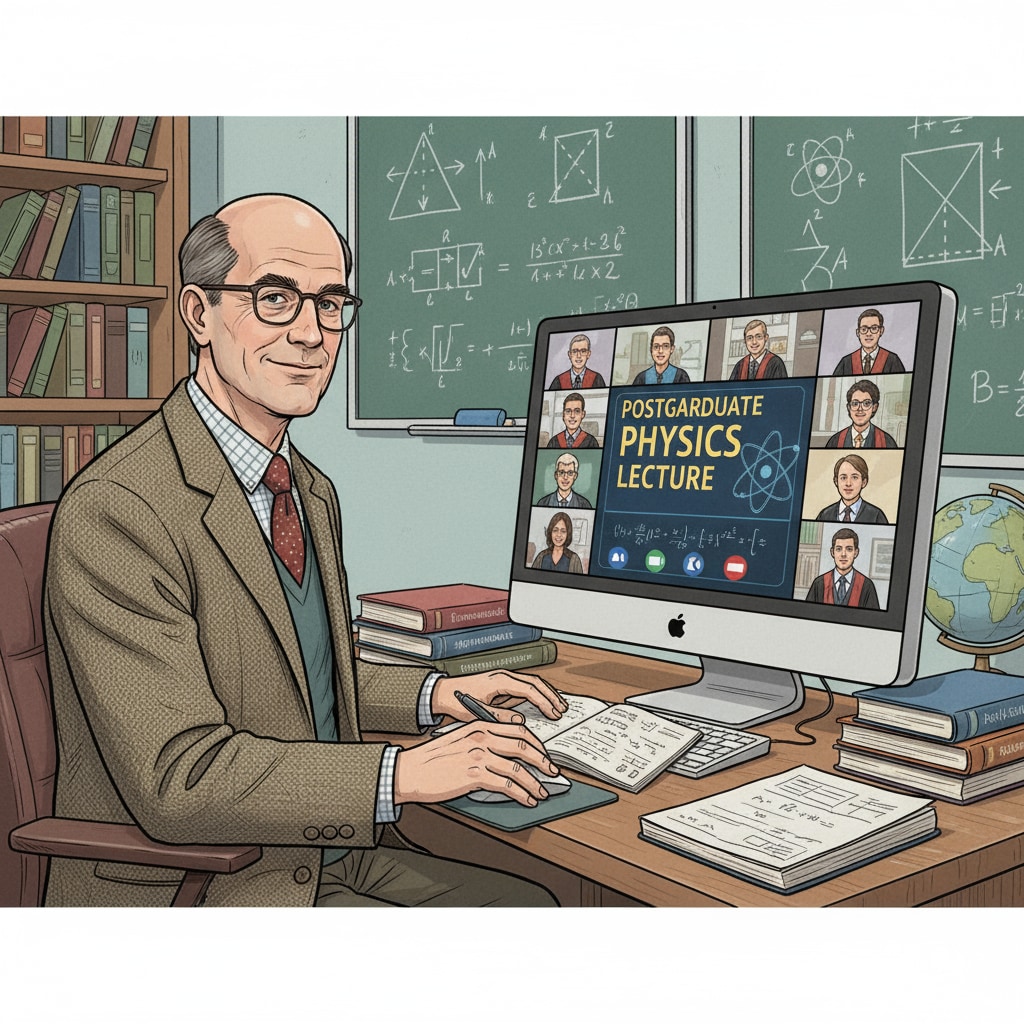In-service physics teachers often face the challenge of balancing their teaching duties with the desire to pursue postgraduate studies. The combination of physics teachers, postgraduate courses, and night school learning offers a practical solution. This article delves into how these educators can make the most of their time and resources to further their academic and professional development.

The Need for Postgraduate Studies among Physics Teachers
Physics is a dynamic field with continuous advancements. In-service physics teachers need to stay updated with the latest theories and research. Postgraduate studies provide an opportunity to deepen their knowledge, enhance their teaching methods, and contribute to the academic community. For example, learning about the latest particle physics discoveries can enrich their classroom discussions. According to Physics on Britannica, the evolving nature of physics requires educators to constantly adapt and expand their knowledge base.
Advantages of Night School and Online Learning
Night school and online learning have revolutionized the way in-service teachers can pursue postgraduate courses. Night school allows teachers to attend classes in the evenings, fitting the schedule around their teaching jobs. Online learning, on the other hand, offers flexibility in terms of time and location. Teachers can access course materials and lectures at their convenience. As a result, they can balance their work commitments while studying.

Selecting the Right Postgraduate Course
When choosing a postgraduate course, physics teachers should consider their interests and career goals. Options such as astrophysics, quantum physics, or educational physics can be explored. They should also look at the reputation of the institution and the faculty. Additionally, the course structure and availability of research opportunities matter. For instance, if a teacher is interested in educational physics, they might look for a program that offers hands-on teaching experience. As per Postgraduate education on Wikipedia, making an informed choice is crucial for a successful postgraduate journey.
In conclusion, in-service physics teachers can indeed embark on a postgraduate journey while continuing to teach. The options of night school and online learning make it feasible. By carefully selecting the right postgraduate course, they can enhance their professional skills and knowledge, contributing to both their personal growth and the education of their students. Physics teachers, postgraduate courses, and night school learning together open doors to new opportunities in the world of physics education.
Readability guidance: The article uses short paragraphs and lists to summarize key points. Each H2 section provides a set of related ideas. The proportion of passive voice and long sentences is controlled, and transition words are evenly distributed throughout the text to enhance readability.


